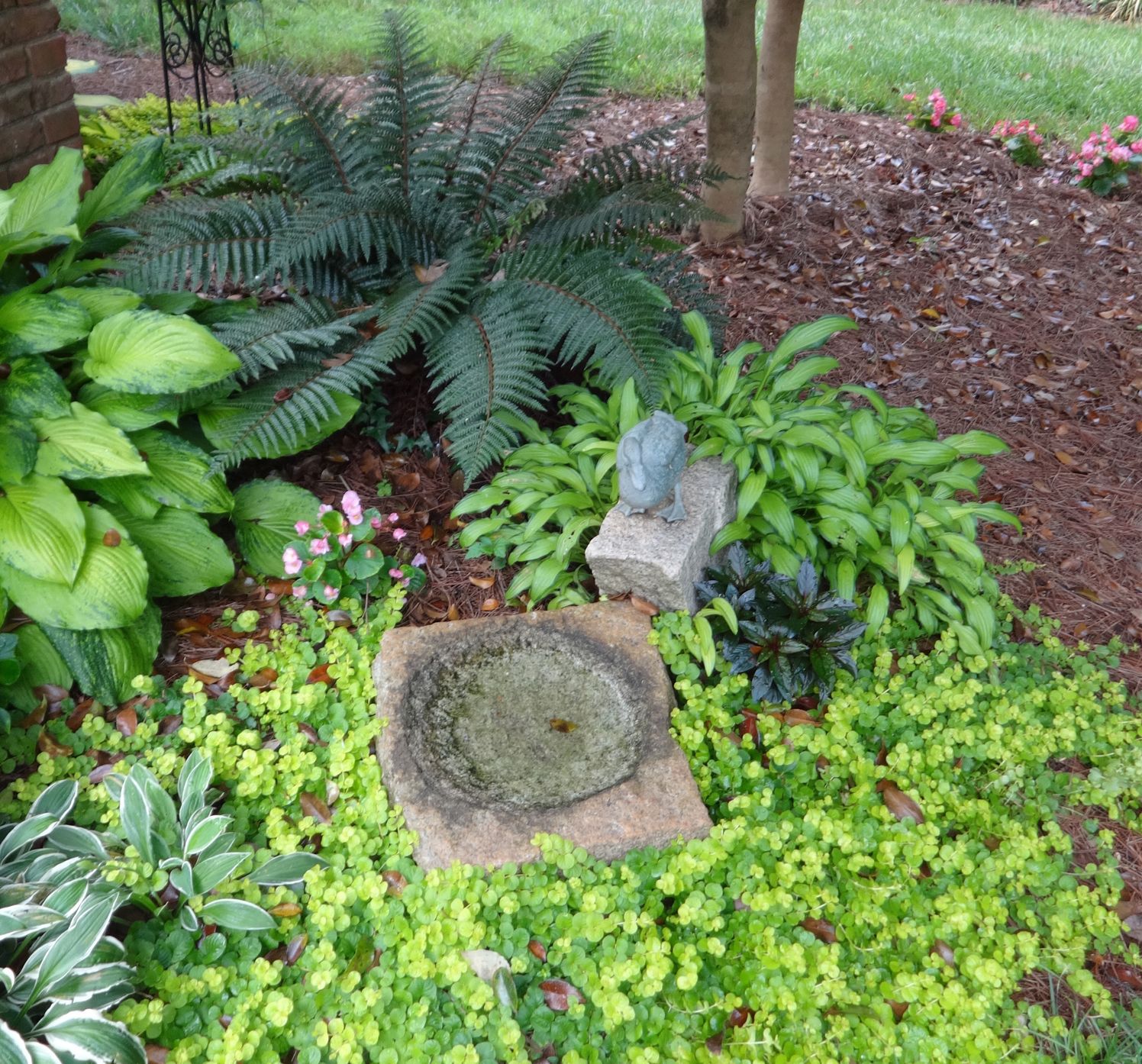Get rid of breeding sites to get rid of mosquitoes
Published 12:00 am Thursday, June 26, 2014
SALISBURY — With the first confirmed case of Chikungunya virus in the news, many people are concerned about mosquitoes and diseases they may carry. With the July 4th holiday outdoor activities around the corner, many people venturing outdoors will be prime targets for mosquito bites.
Unfortunately, there will be sharp increases in mosquitoes in the upcoming weeks as a result of our recent evening rainfalls. Pop-up summer evening showers provide the perfect scenario for breeding through standing water. Any standing water, including gutters, flower pots, bird baths, etc., provides the perfect mosquito breeding ground and needs to be removed wherever possible.
Often overlooked breeding sites around homes are the receptacles that are placed under potted plants to collect water. Studies showed that over 50 percent of the plant pot saucers contained mosquito larvae or pupae. While this may conflict with people’s need to water plants, it is preferable that water not be allowed to remain in the saucers beneath plants.
Another approach is to help eliminate mosquitoes to use “mosquito dunks.” These usually are sold as doughnut-like tablets that contain beneficial bacteria (Bacillus thuringiensis israelensis) that kill mosquitoes, fungus gnats and a few other fly species. There is also a granular form of the product called mosquito bits. As with any pesticide, the instructions for using the products are on their labels. These products are not intended for use in bowls or buckets used as drinking bowls for pets.
Many people are asking about what they can spray to control mosquitoes. Researchers at N.C. State University reveal that spraying can help, but it does not completely solve mosquito problems if standing water providing the breeding sites is not addressed. Eliminate these rain collectors and you’ll have more success at reducing mosquito populations. If you do decide to spray, remember to follow the label. Try to avoid treating flowering plants that are most likely full of beneficial pollinators. Spraying lawns and shrubs will kill resting mosquitoes, but again it is not likely to have a tremendous overall impact.
Health officials and entomologists are recommending the careful use of insect repellents, limiting their use on small children as the best method for controlling mosquitoes.
Be aware that mosquitoes can have a devastating effect on pets and other animals, including horses. In 2013, there were 13 veterinary cases of Eastern Equine Encephalitis in a cluster of six southeastern North Carolina counties from July through early August.
Information about mosquitoes, West Nile virus and other mosquito borne diseases, with links to important information, can be found at: http://insects.ncsu.edu/Urban/repel.htm
Darrell Blackwelder, county Extension director, Rowan County Center N.C. Cooperative Extension. 704-216-8970.
www.rowanmastergardener.com
rowan.ces.ncsu.edu
www.rowanextension.com




